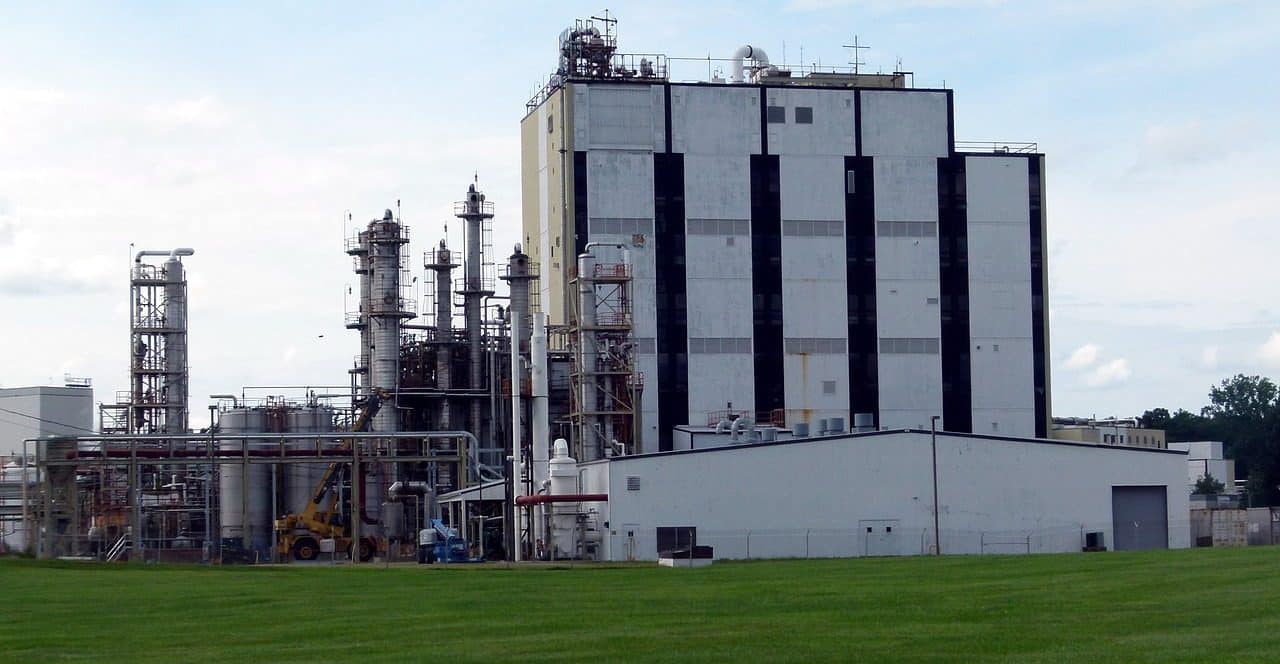
Relocation involves relocating.
Relocation is a concept that is not included in the dictionary of the Royal Spanish Academy ( RAE ). The notion of location , on the other hand, is mentioned as the process and result of locating (discovering where something or someone is, deciding a location, limiting).
The inclusion of the prefix re- allows us to indicate that relocation consists of relocating . The term is usually used with reference to locating something or someone again in another place .
For example: “Given the negative result of the environmental impact study, the German company was forced to relocate its plant” , “We have to define the relocation of three employees due to the closure of the marketing office” , “When we bought the sofa, we had to relocate the closet since there was no space for both of us in the living room.”
Relocation according to the economy
The term is frequently used in the field of economics to mention the international displacement of a productive structure . In this context, the concept of relocation is also used, which refers to the transfer of a company's operations to a country in which the market has more favorable conditions, and where salaries are lower.
Offshoring is a resource that many companies take advantage of to increase their production without this being reflected in the costs. One of the immediate advantages is the increase in the number of workers, since with the same money that they could support one in the country of origin, it is normal that in the new location they can hire two or more. One of the most common destinations for certain European companies is South America , given the devaluation of many of its currencies.
Let's take the case of a Spanish company dedicated to the marketing of sports clothing that, in the 1990s , decided to relocate its production, sending it to China . Twenty years later, the new economic context led this company to decide to relocate production. , now moving it to Brazil . These types of decisions have to do with finding the place that offers the lowest production costs.

Relocation is a common practice at the business level.
Advantages and disadvantages
Both offshoring and reshoring have several advantages and disadvantages. Some of the benefits have already been mentioned in previous paragraphs, and they all seem to revolve around economic issues. But what could be the risks of moving a company to another country in search of cost savings ?
First of all, the lack of control . The usual thing is to send one or more workers from the country of origin and give them a management position abroad, to ensure that the staff meets the original quality and organization requirements. In addition, after a relocation, the headquarters usually carries out visits by its main representatives to the international offices.
However, no matter how much effort a company dedicates to supervising its various headquarters, it is very difficult to maintain absolute order, especially when cultural and language differences come into play. Depending on the case, even the presence of an official representative does not guarantee good performance, since if he does not speak the regional language at a very high level it is also possible that he will not be respected properly.
Relocation as a return to the local
Relocation, finally, can be linked to returning to the local . When goods are produced, marketed and consumed in the same country, the internal economy is improved and the environment is protected (avoiding long-distance transportation).
The cycle that leads a company to begin operating locally, seek to expand by obtaining offices abroad and, finally, re-centralize its work in the country of origin is not uncommon.
